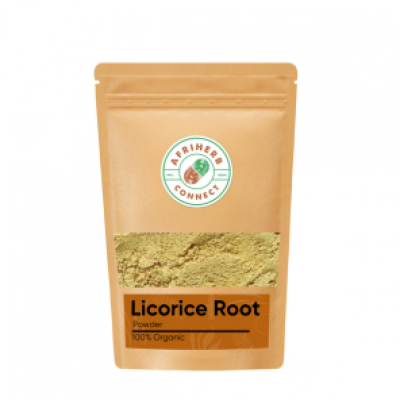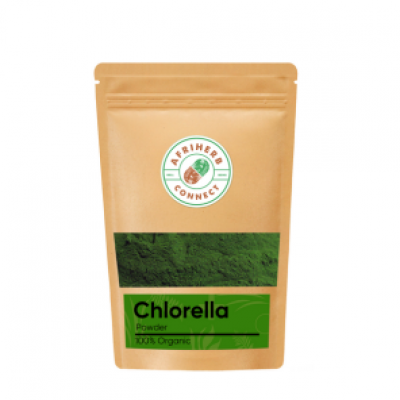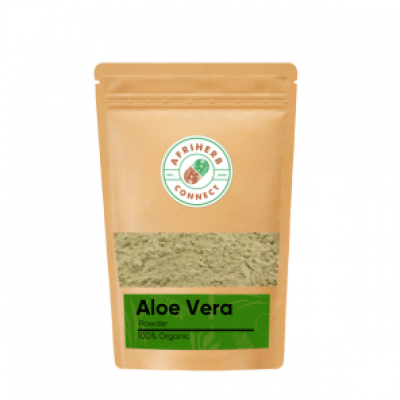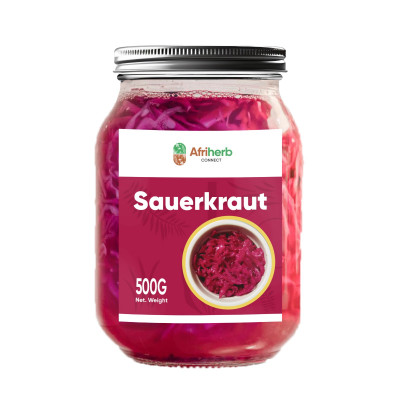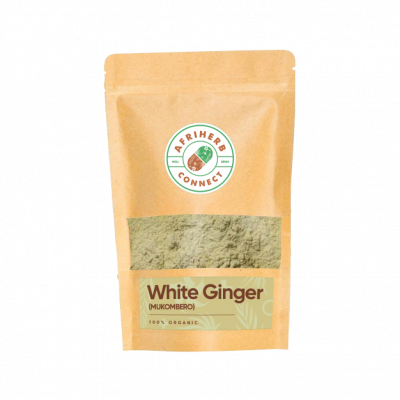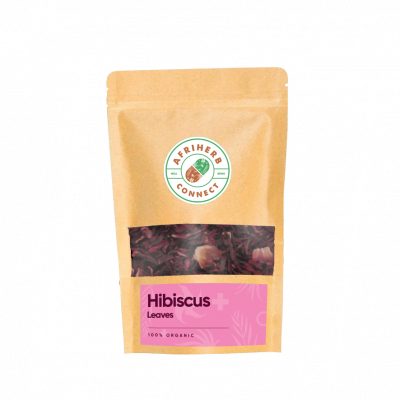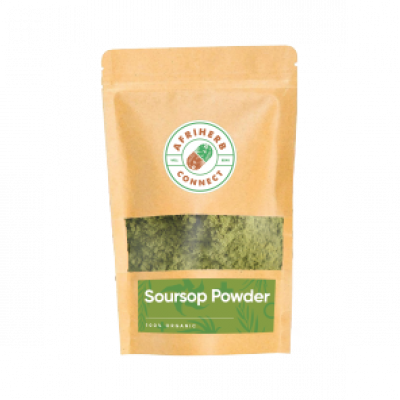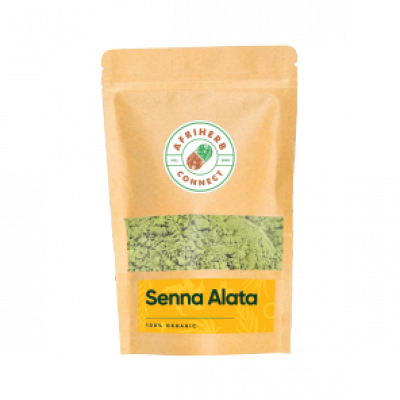Gut Health

Gut Health: Your Ultimate Guide to a Happy Tummy
Ever wondered why the gut is often called the "second brain"? It's because the state of our gut health impacts everything from our digestion and immunity to our mood and even our skin! Ready to know more about gut health? Let’s explore how you can keep your digestive system in tip-top shape with some simple, natural strategies.
What is Gut Health, Anyway?
Gut health refers to the balance and functionality of the microorganisms living in your digestive tract. This vibrant community of bacteria, fungi, and viruses known as the gut microbiome which plays a crucial role in your overall well-being. Here’s why a healthy gut is so important:
- Digest and Absorb Nutrients Beneficial bacteria help break down food and absorb essential nutrients like vitamins and minerals.
- Boost Immune Function Around 70-80% of your immune system resides in your gut, making it a frontline defender against harmful invaders.
- Protect the Gut Barrier A healthy gut lining prevents unwanted substances and bacteria from entering your bloodstream.
- Produce Vital Compounds Some gut bacteria produce vitamins (like B vitamins and vitamin K) and short-chain fatty acids that nourish your colon.
What Influences Gut Health?
Several factors can tip the balance of your gut microbiome.
Diet-A fiber-rich diet from fruits, veggies, and whole grains supports a diverse and robust gut microbiome. Fermented foods like yogurt, kefir, kimchi, and sauerkraut are teeming with probiotics—those friendly bacteria that your gut loves.
Stress Levels-Chronic stress can throw your gut out of whack. Embrace mindfulness practices, yoga, and sufficient sleep to keep stress at bay and your gut happy.
Medications-Antibiotics can wipe out both bad and good bacteria, disrupting your gut balance. Replenish with probiotics through supplements or fermented foods to restore harmony.
Exercise-Regular physical activity promotes gut diversity and reduces inflammation, benefiting your overall gut health.
Sleep-Your gut microbiome follows a circadian rhythm influenced by your sleep-wake cycle. Poor sleep can disrupt this rhythm, so aim for quality sleep every night.
Herbs and Natural Foods for Gut Health
Want to give your gut a natural boost? Here are some superstar herbs and foods to include in your diet:
- Sauerkraut - We advocate this one Wonder-Food. It is a good source of probiotics, which are live bacteria that are beneficial to gut health.
- Probiotic-rich foods-Think yogurt, kefir, kombucha, and other fermented delights. These foods are packed with beneficial bacteria.
- Prebiotic foods -Garlic, onions, leeks, asparagus, and bananas feed your good gut bacteria, helping them thrive.
- Ginger-This spicy root is great for reducing inflammation and soothing your digestive system.
- Turmeric-Its active compound, curcumin, is a powerful anti-inflammatory and antioxidant.
- Peppermint-Excellent for relaxing your digestive tract and alleviating symptoms of irritable bowel syndrome (IBS).
- Aloe vera-Soothes and reduces inflammation in the gut lining.
- Licorice root- Traditionally used to ease gastrointestinal discomfort and support digestion.
- Chamomile-This calming herb can reduce inflammation in your digestive tract.
- Psyllium husk-A fantastic source of soluble fiber, promoting regular bowel movements and a healthy colon.
Signs Your Gut Needs Some Love
Wondering if your gut is out of balance? Here are some tell-tale signs:
- Digestive issues: Bloating, gas, constipation, or diarrhea.
- Mood swings: Anxiety, depression, or irritability.
- Skin problems: Issues like acne or eczema.
- Autoimmune conditions: Rheumatoid arthritis, type 1 diabetes, or inflammatory bowel diseases (IBD).
Digestive Health
Tips for a Happy Gut
Ready to nurture your gut? Here’s how to get started:
- Eat a colorful, varied diet: Fill your plate with fiber-rich foods, proteins, fermented goodies, and prebiotics.
- Add gut-friendly herbs and foods: Incorporate ginger, turmeric, peppermint, and other natural aids into your meals.
- Manage stress: Practice relaxation techniques like meditation and deep breathing.
- Stay hydrated: Drink plenty of water to keep things moving smoothly.
- Get moving: Aim for regular exercise to boost your gut health.
- Prioritize sleep: Ensure you get enough quality sleep to support your body’s natural rhythms.
A healthy gut is the foundation of overall health, impacting everything from digestion to immunity. By making mindful choices in your diet and lifestyle, you can support a balanced and thriving gut microbiome. So, start small, listen to your body, and embrace habits that nourish your digestive system. Your gut will thank you!
 English
English 



